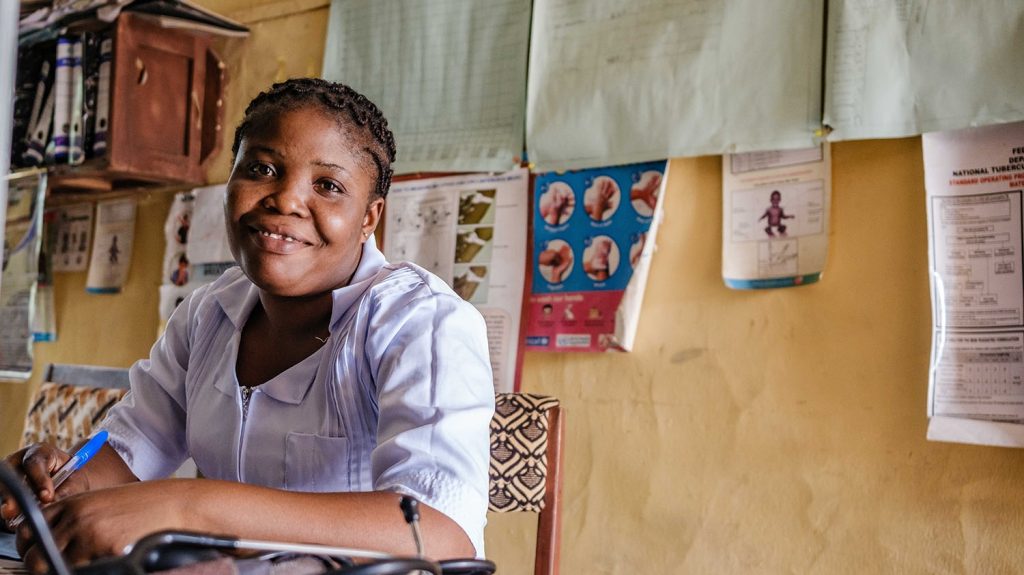Research at Sightsavers
Our in-house experts carry out extensive research to ensure Sightsavers’ programmes are robust, efficient and effective.

What we do
Our research focuses on eye health, neglected tropical diseases, education and social inclusion. We use the evidence we generate to inform Sightsavers’ programmes in the countries where we work.
Our latest studies and publications
-
The Better Operative Outcomes Software Tool (BOOST) prospective study: improving the quality of cataract surgery outcomes in low resource settings
This study aimed to assess whether receiving tailored recommendations via the free...
-
Addressing the challenges of reaching trachoma elimination: leveraging on lessons learnt from programme implementation
This editorial introduces the International Health special supplement 'Trachoma: Accelerating progress to...
-
Financial inclusion for people with disabilities in Kenya: a research study
A older man sits in a waiting room alongside other people who have bandages on their eyes after receiving surgery.
In-house research that’s making a difference
The goal of our research is to generate evidence that our programme teams can use to improve lives around the world. Sightsavers’ research strategy aims to integrate research into programmes at every stage, from design to implementation.
About our research approach